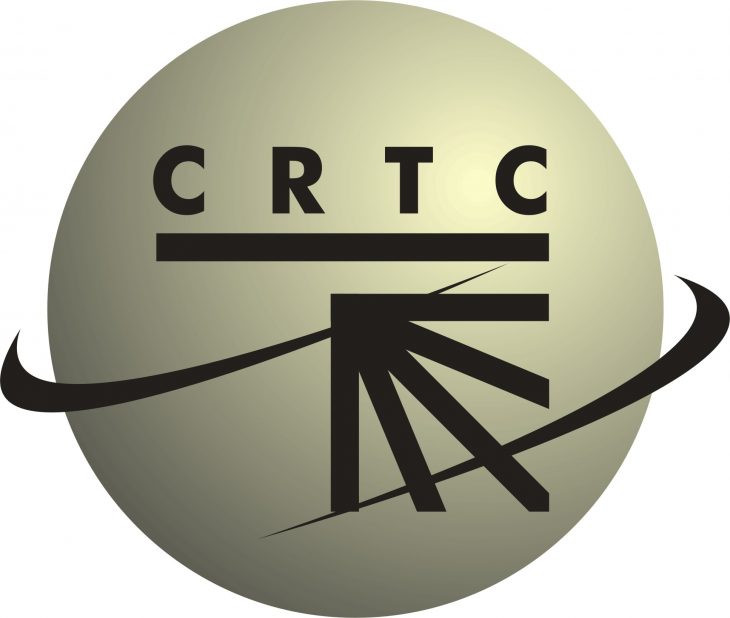
CRTC launches process to have fees waived or reimbursed
GATINEAU — As previously announced in the federal government’s Fall Economic Statement on November 30, eligible television and radio stations will have their Part II broadcasting licence fees waived in 2020-21, which is expected to provide as much as $50 million in relief for these broadcasters.
The Department of Canadian Heritage on Tuesday issued a press release to confirm the waiving of the Part II fees, and reiterated the measure does not include cable, satellite and IPTV providers (i.e., BDUs), “as their revenues are not as dependent on advertising,” says the government’s release.
To benefit from this measure, broadcasters will need to meet certain conditions, including confirming they have experienced a minimum 25% reduction in advertising revenues due to the pandemic, and continuing to operate in compliance with their regulatory obligations regarding Canadian content for at least two years, says the press release.
“Canadians rely on radio and television to stay up to date on matters related to Covid-19. We continue to help radio and television broadcasters weather the unprecedented pressures the pandemic has placed on their advertising revenues,” said Heritage Minister Steven Guilbeault, in the release.
Part II broadcasting licence fees are regulatory charges under the CRTC’s Broadcasting Licence Fee Regulations to licensees who hold a conventional television, radio, discretionary television service or BDU licence, with revenues higher than a certain amount, explains the release.
The CRTC, which collects the annual Part II licence fees, issued its own release this afternoon explaining the next steps for eligible broadcasters, who must complete an attestation form and submit it before January 31, 2021, in order to have their Part II fees waived or reimbursed.
Earlier in the year, the federal government announced Part I licence fees also would be waived for the 2020-21 fiscal year. Waiving of this year’s Part I fees, which are levied to pay for the costs of the CRTC’s broadcasting activity, is expected to save broadcasters a little more than $30 million.


